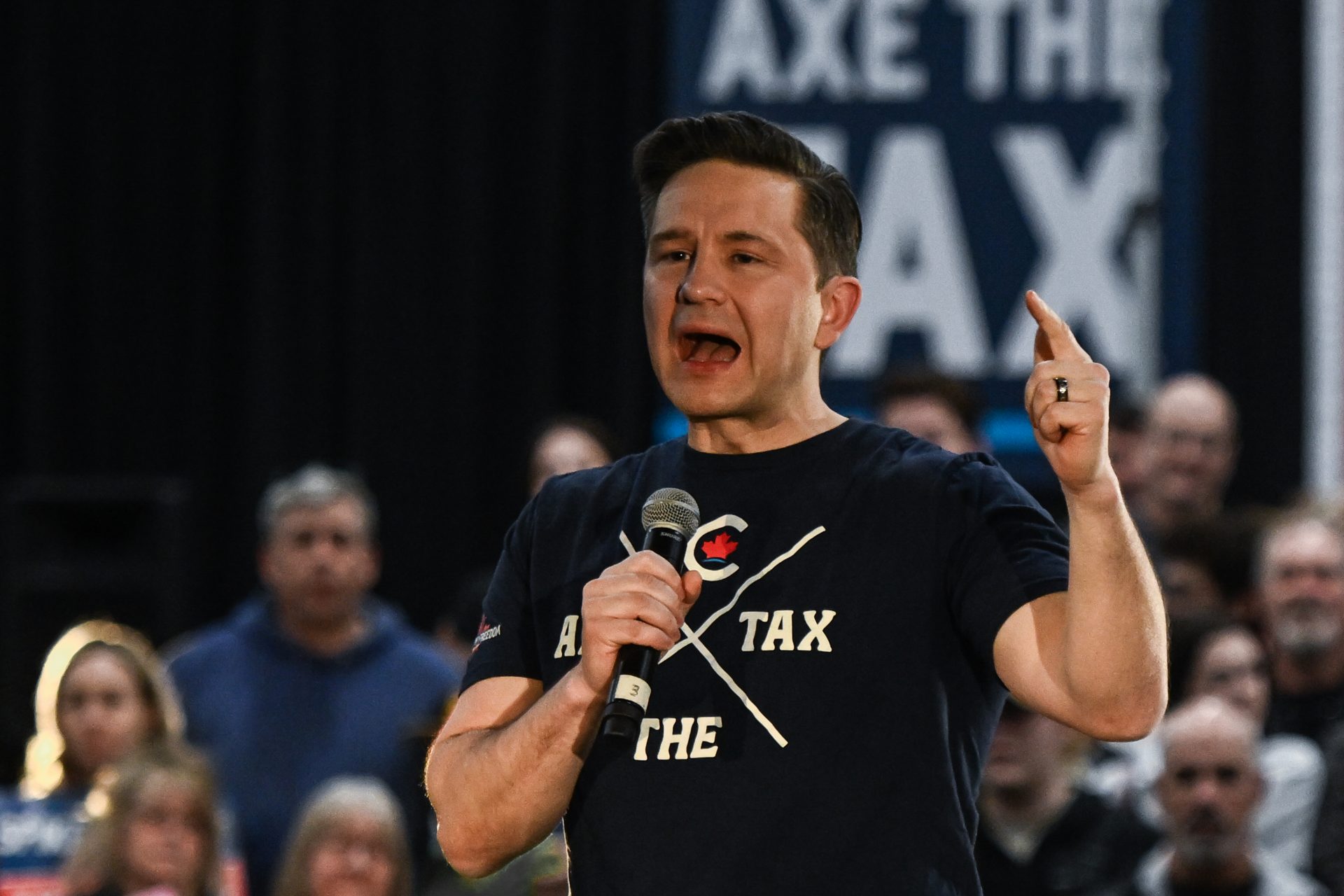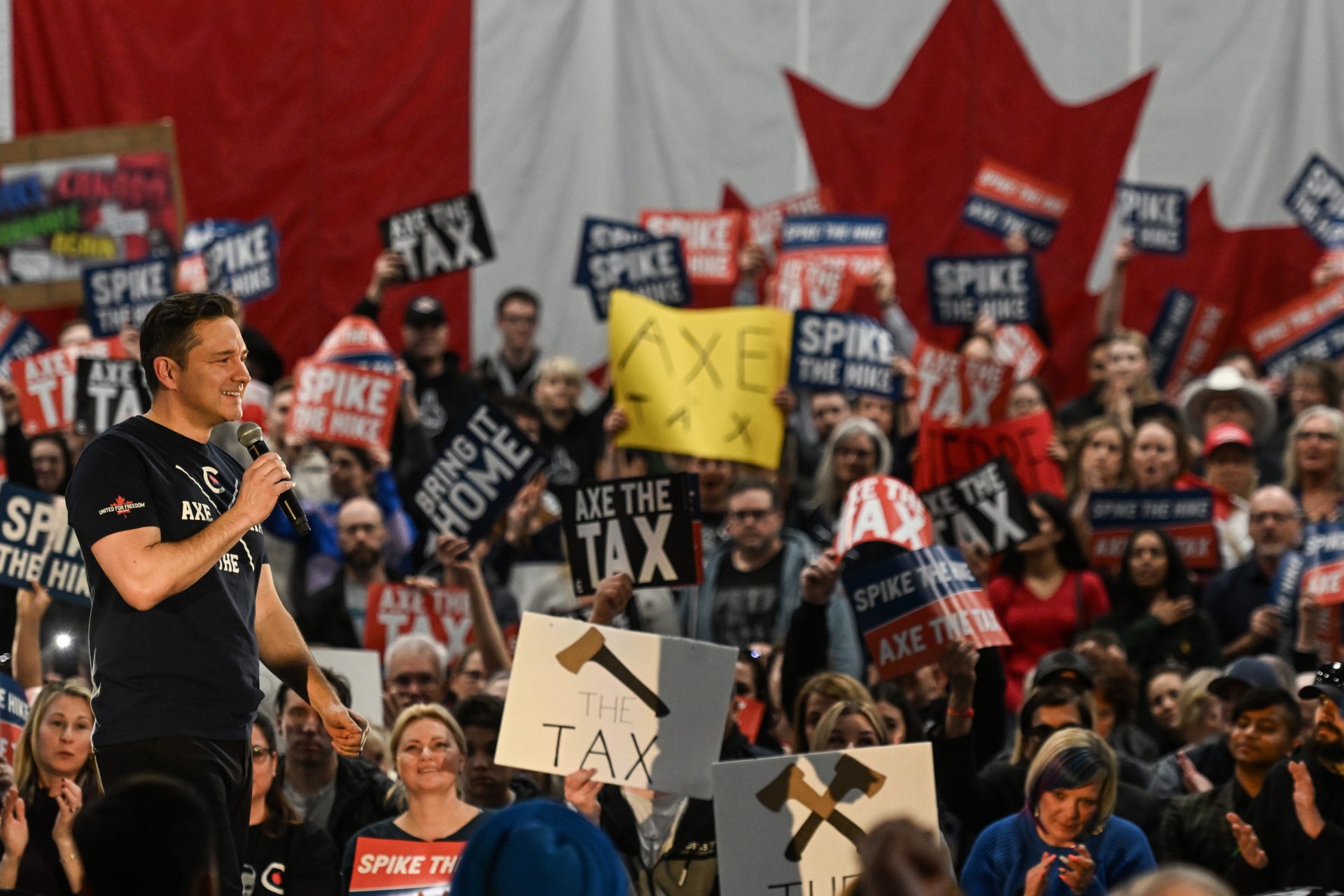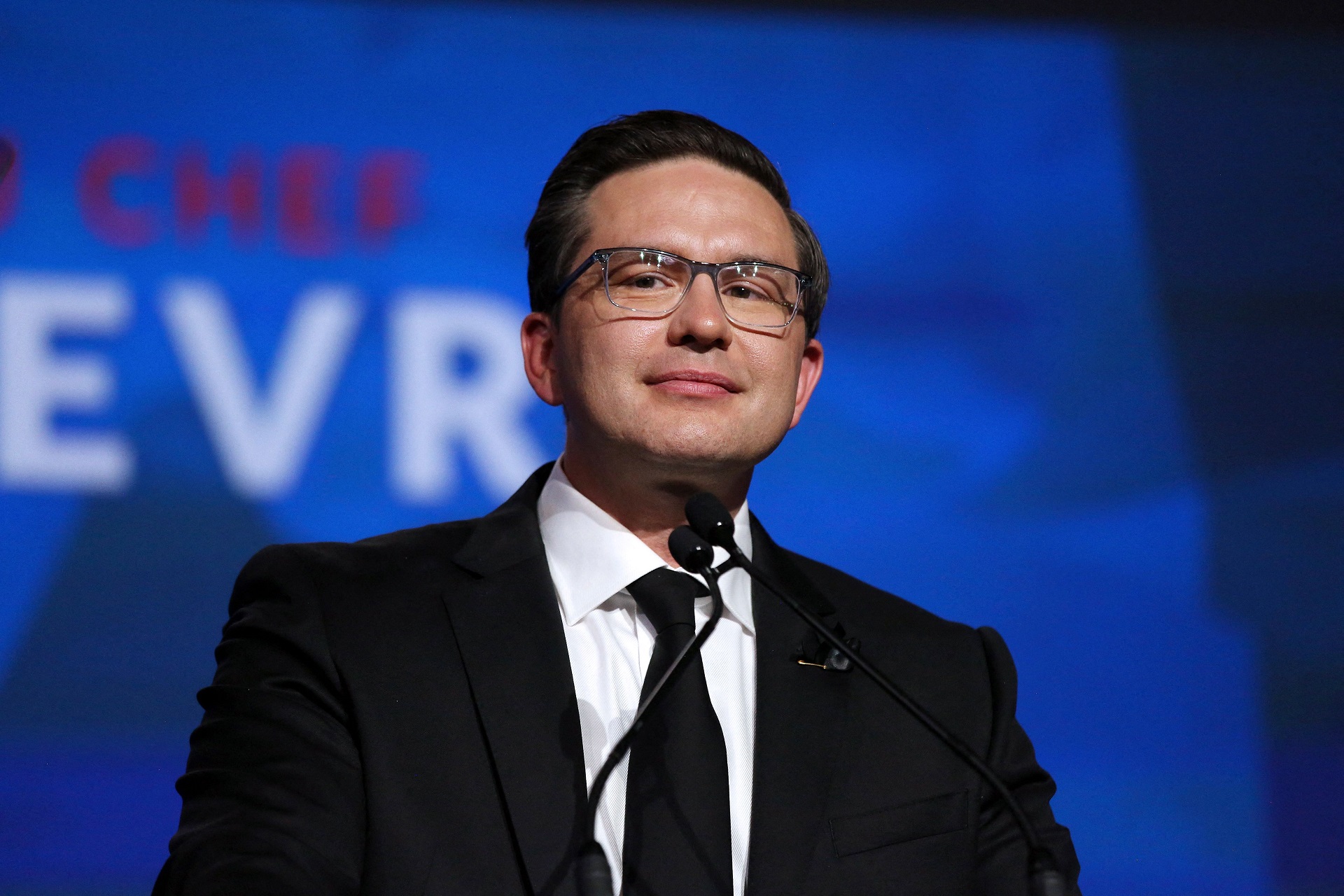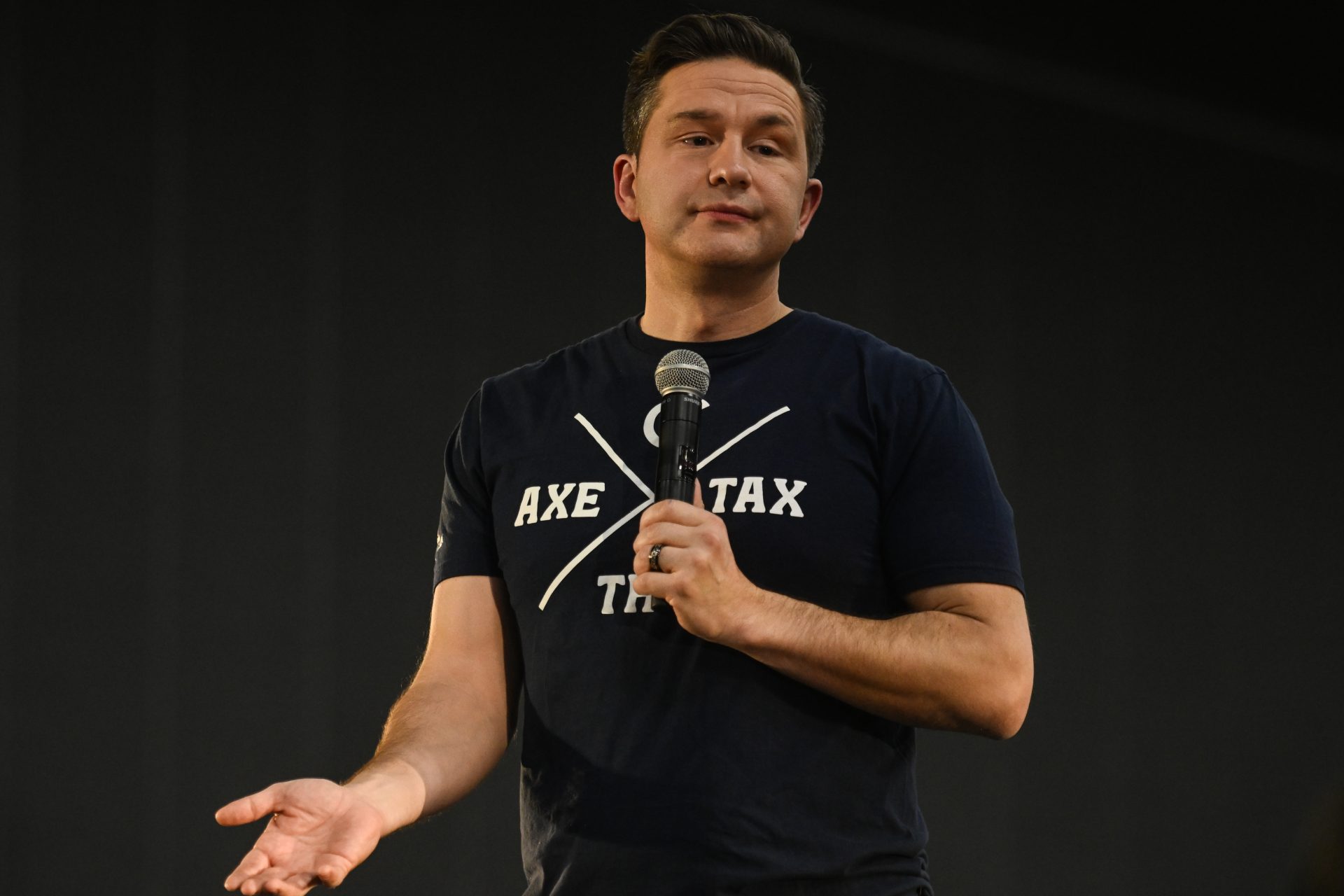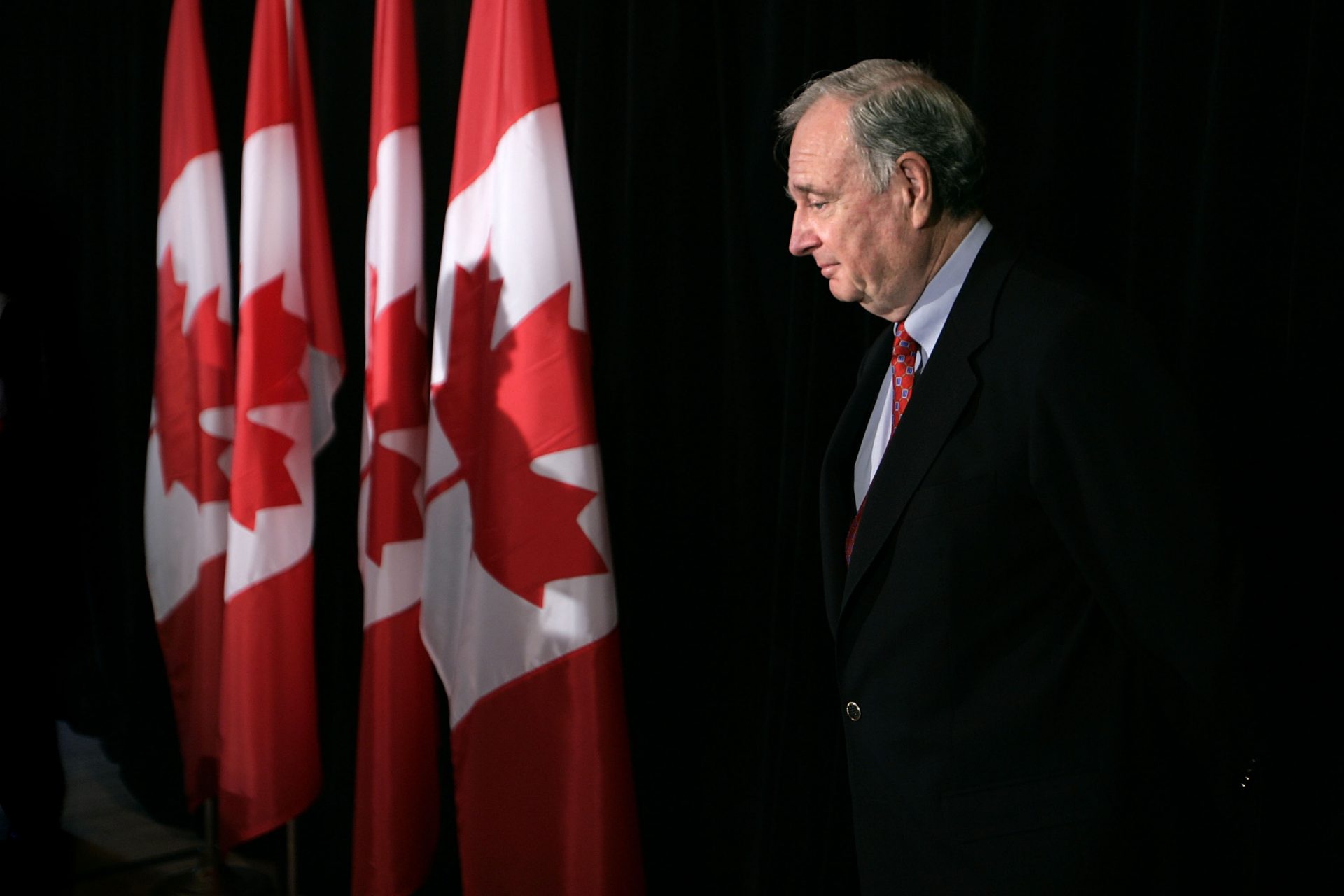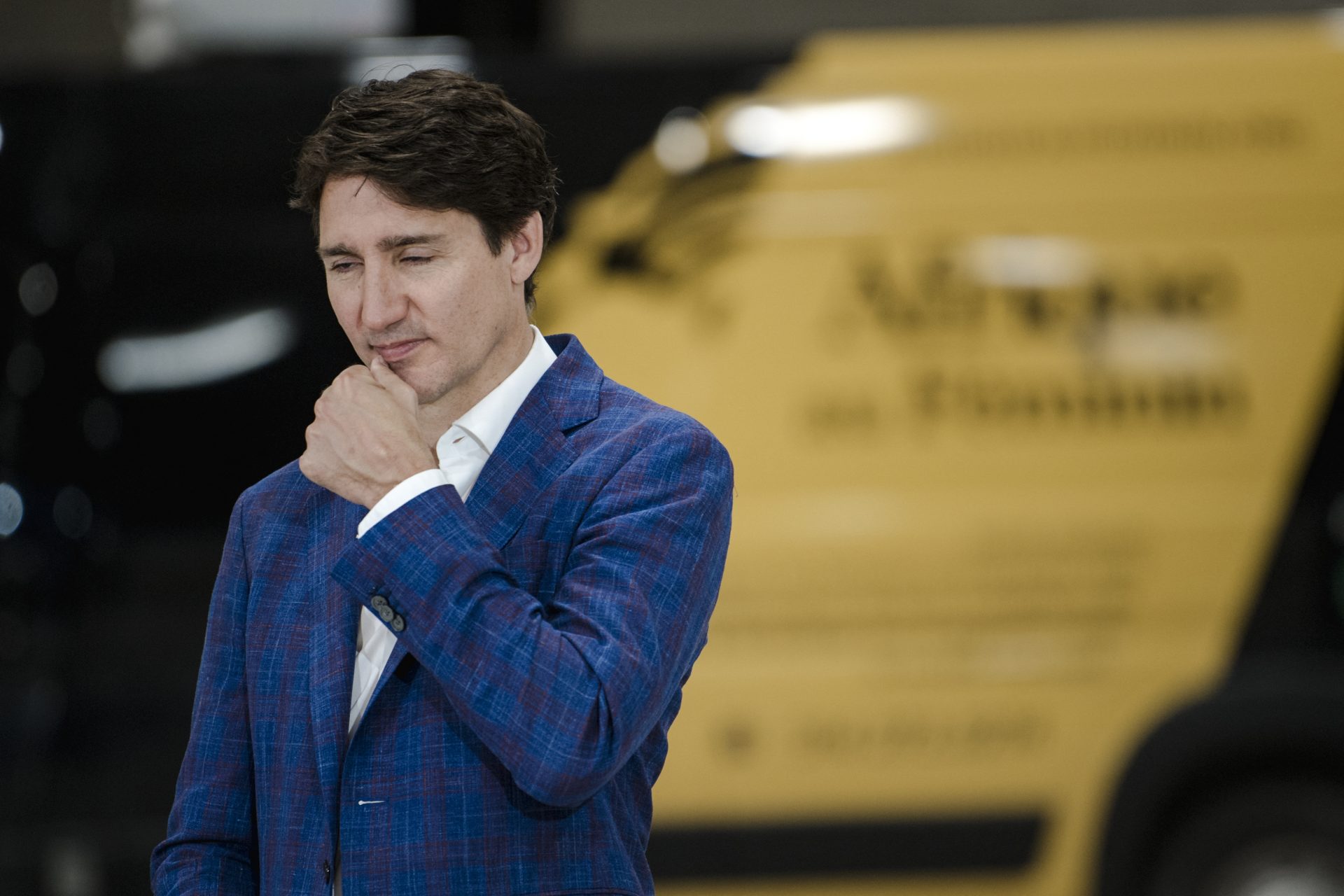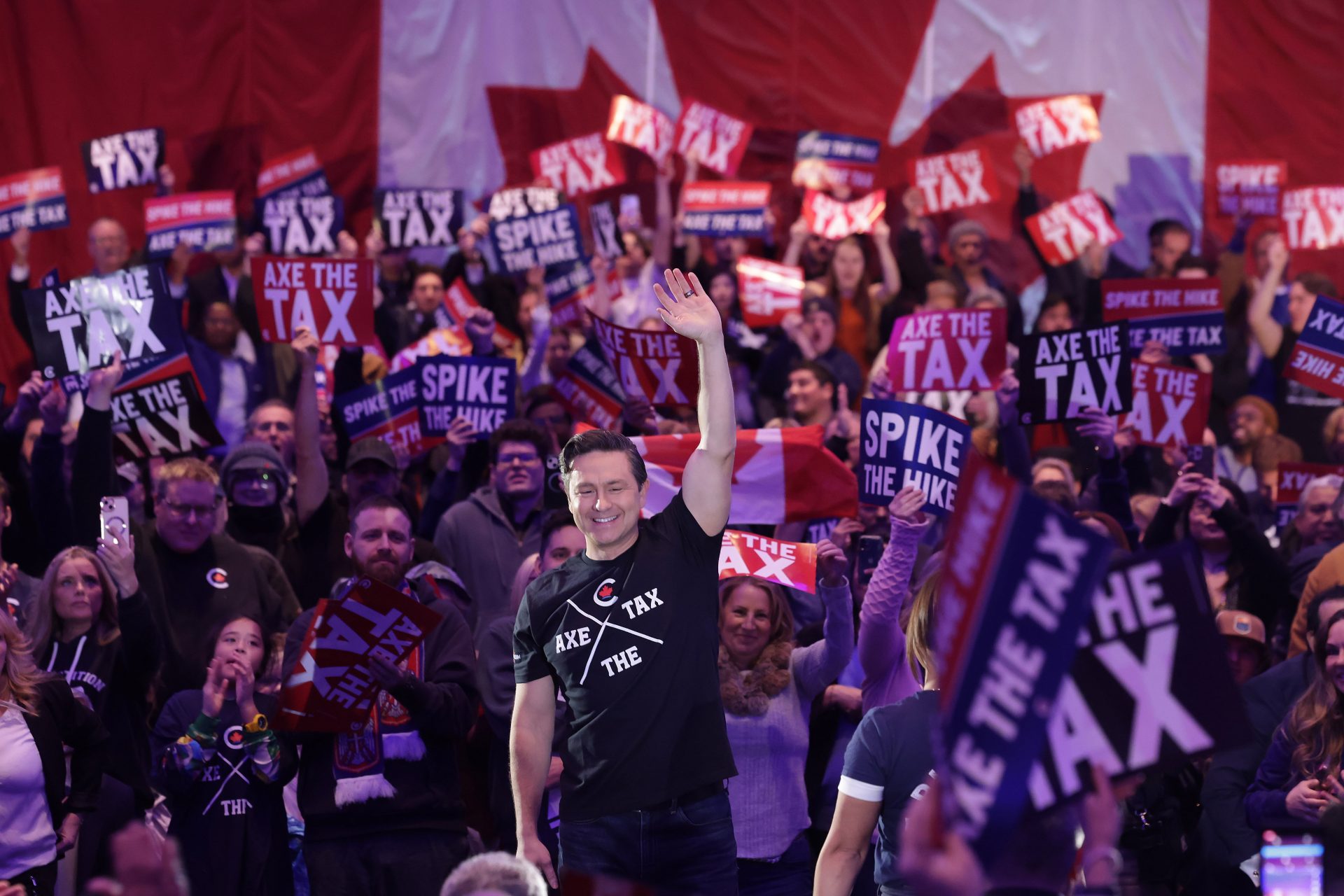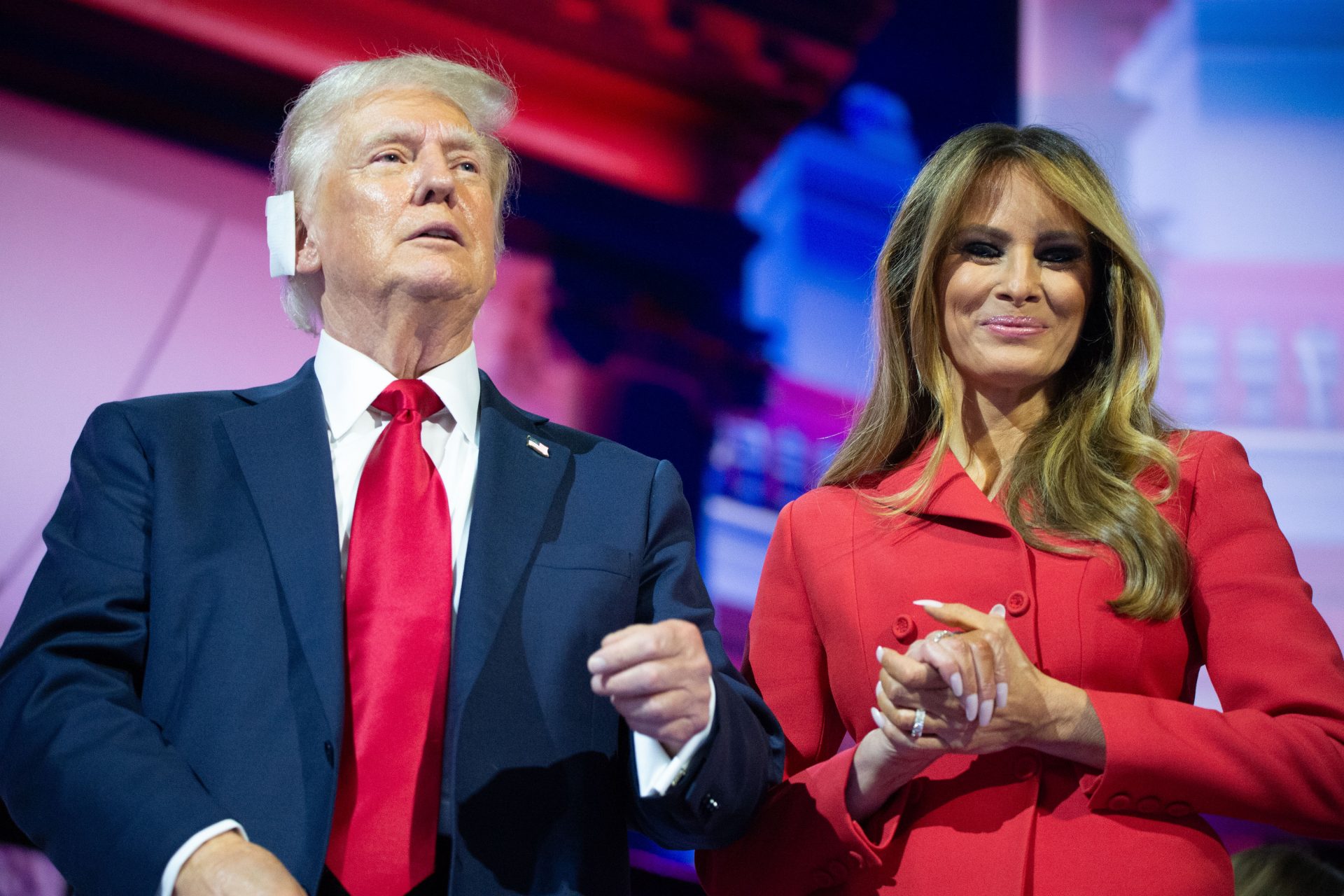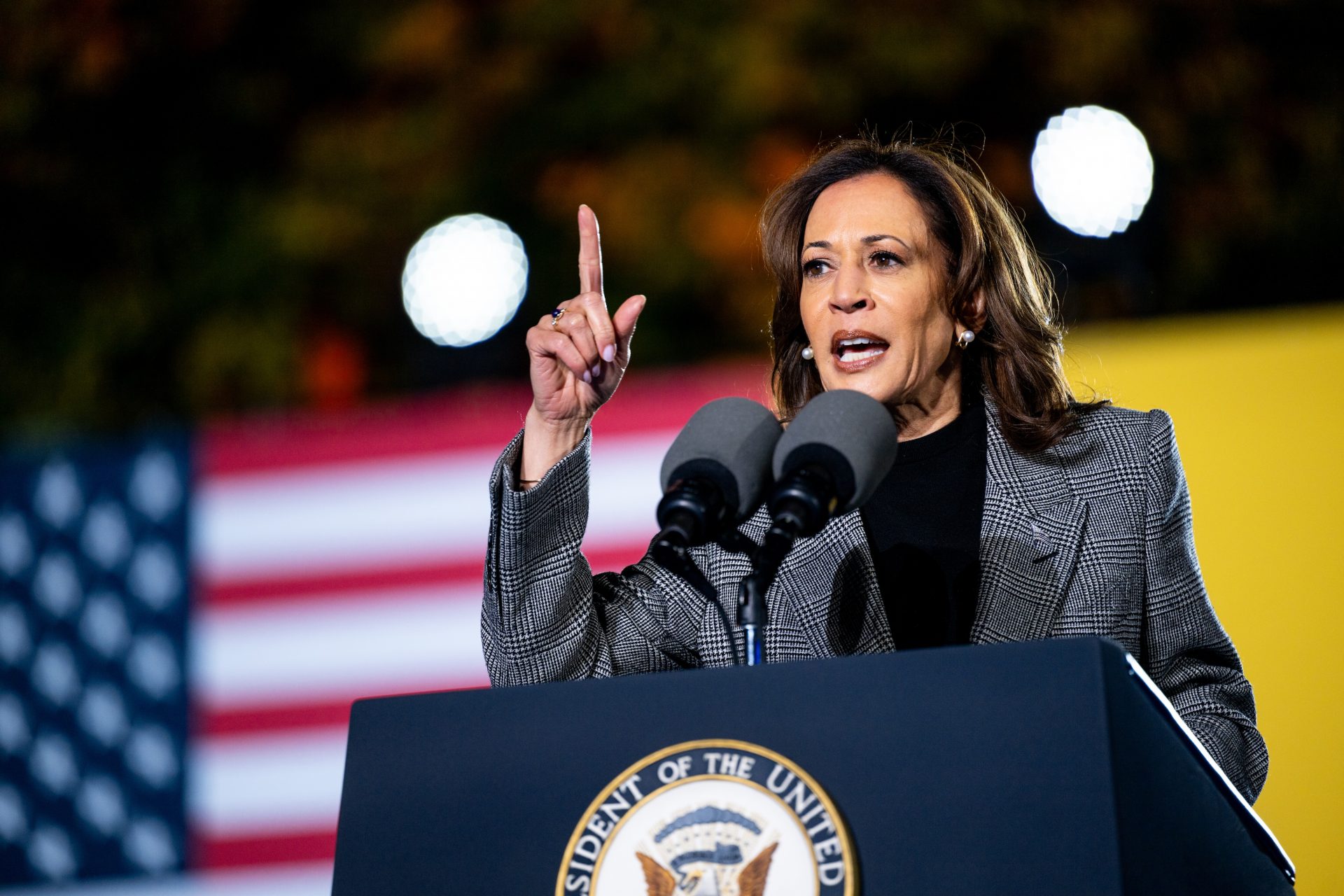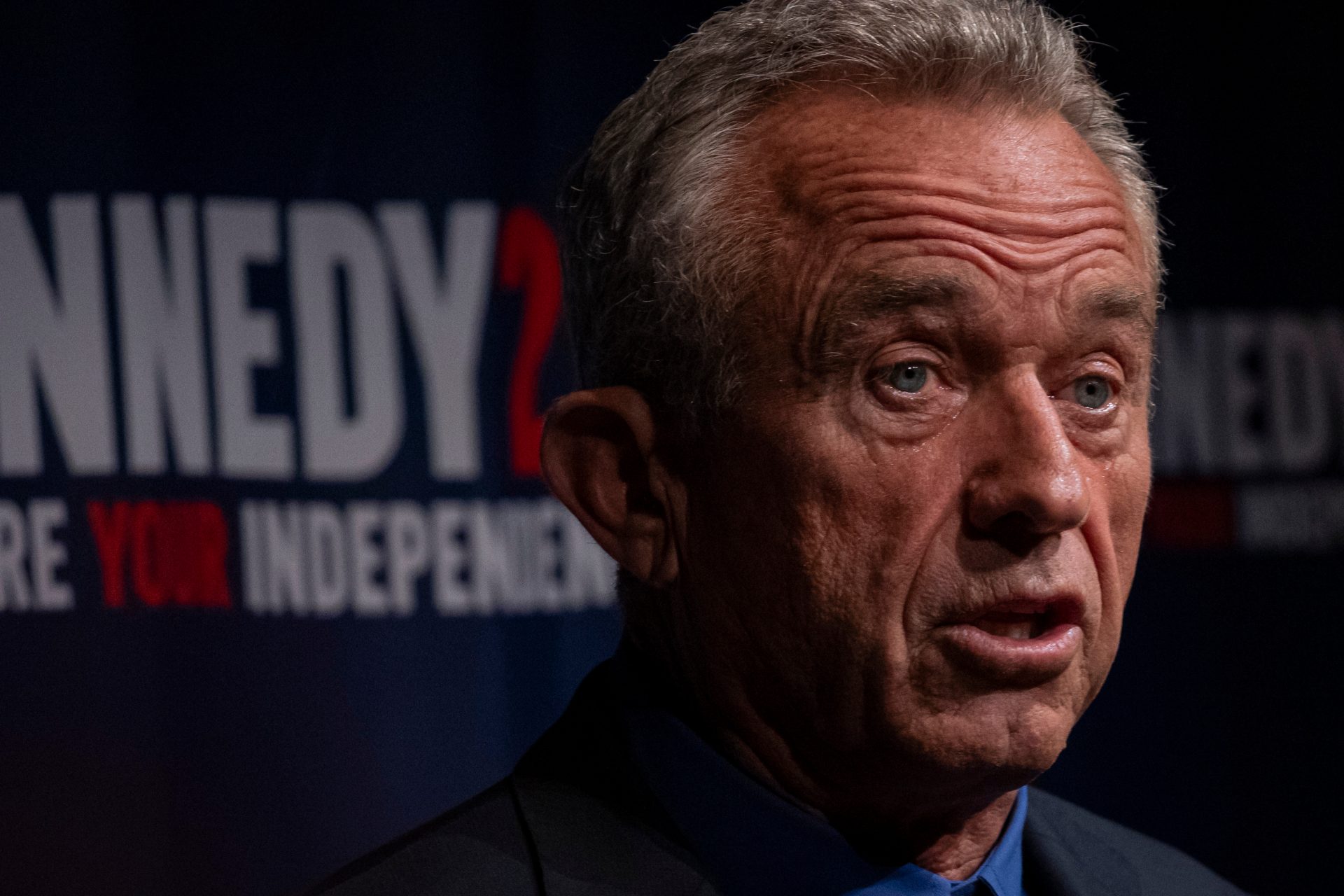Meet Pierre Poilievre: the conservative leader hoping to beat Justin Trudeau and lead Canada
On July 14th, 2024, Abacus Data released some of its latest research that found the Conservative Party of Canada Pierre Poilievre had a 38% positive rating among the Canadians that the polling firm surveyed. But it also discovered something much more interesting about Poilievre.
One day after Abacus Data released its most up-to-date polling on federal politics in Canada, the market research firm released other data that suggested Poilievre was still a rather unknown person in Canadian politics.
Abacus data found that while 98% of those polled recognized Justin Trudeau from a picture and 86% could recognize NDP leader Jagmeet Singh, only 66% of people knew who Pierre Poilievre was from his photo. That means one in three Canadians don't recognize Poilievre, so let's take a look at this politician and his career.
Poilievre has become a household name as a champion of change for dissatisfied Canadians who are upset with Justin Trudeau and his government. But he got his start long ago in Canadian politics.
Pierre Poilievre has been a long-time member of the Conservative Party of Canada and is the political party's current leader, elected by members of his party back in September 2022 following a competitive leadership race.
Known for being combative and hot-tempered, Poilivere has even been styled by his opponents as Canada’s version of Donald Trump. However, the Conservative Party leader is a far more complicated political operator than Trump.
Poilievre has railed against Ottawa’s elites and a vocal critique of woke culture. But do you know the real Pierre? Here’s everything you need to know about the man trying to bring radical change to the Canadian government.
Throughout his leadership campaign, Poilievre liked to point out that he came from humble beginnings. Born to an unwed teenage mother and adopted by middle-class school teachers in Calgary, Poilievre claims to have had an incredible story of success.
“Only in Canada is this story possible — possible for anybody to do anything they want as long as they’re prepared to work hard and put their mind to it,” Poilievre said during his leadership victory speech.
Poilievre’s rags-to-riches story allowed him to gain credibility among Canada’s working-class conservatives. But that doesn't mean he hasn't earned the respect of many different voting blocks in Canada.
Photo: Instagram@pierrepoilievremp
Poilievre has also set up an interesting battle of public profiles between himself and current Canadian Prime Minister Justin Trudeau, a man who came from a wealthy background and whose father was a previous Prime Minister of Canada.
Poilievre was politically active at a very young age. At 15 he made his first political donation to the western populist Reform Party of Canada and at 17 he attended their party’s convention in Vancouver, supporting the party's efforts to unite with the moderately conservative 'Progressive Conservatives' party.
“The logjam of Canadian politics has broken, and with it comes a rare opportunity for a political coalition on the right,” Poilievre declared in an op-ed written with far-right Rebel News cofounder Ezra Levant.
Poilievre’s official political career began in 2004 when he was elected at the age of 25 as a Member of Parliament in Canada’s House of Commons in Ontario’s Nepean-Carlton electoral district.
Running under the banner of the Conservative Party of Canada, Poilievre would spend much of his early years in the House of Commons as an irrelevant backbencher who slowly worked his way into the good graces of Steven Harper’s government.
Poilievre made a name for himself as one of the Conservative Party’s more effective attack dogs. In one of his first public addresses in the House of Commons, Poilievre scolded then-Liberal Party Prime Minister Paul Martin of inappropriate political patronage, an attack that earned him the nickname “Skippy” by Conservative Cabinet John Baird.
In 2006, Poilievre’s hot temper got the better of him and caused a public scandal when he was caught swearing at fellow MPs during a committee meeting. This was also the same year he voted for a Conservative motion to repeal the same-sex marriage laws in Canada.
Despite his many flaws, Poilievre proved to be a resilient political operator. He was elected to seven terms in office representing his Ottawa riding and it was his populist politics that brought him to national prominence in the Conservative Party’s recent leadership race.
Poilievre supported Canada’s “Freedom Convoy” protestors and floated several conspiracy theories in his public rallies, stating that no minister under his future government would be allowed to attend the World Economic Forum in Davos.
Poilievre even promised to remove Canada’s nonpartisan central bank governor Tiff Macklem over his handling of Canada’s inflation crises.
“I would replace him with a new governor who would reinstate our low-inflation mandate, protect the purchasing power of our dollar, and honor the working people who earned those dollars,” Poilievre said during a debate with other leadership candidates in Edmonton on May 11th, 2022.
The most important thing to know about Pierre Poilievre, however, is that he has become a symbol for working-class Canadians unhappy with seven years of Justin Trudeau’s Liberal government. Whether that is good or bad has yet to be seen.
“Canadians are hurting,” Poilievere said during his leadership victory speech, “and it is our job to transform that hurt into hope.”
Poilievre is also confusing since he doesn’t conform to typical conservative stereotypes. He is pro-immigration and has a knack for picking up on the political winds of the times.
Furthermore, he has become a pro-choice supporter since he began his leadership bid and has been keen to cast a wide net of support, something that could allow him to unseat Trudeau in the next federal election.
Since taking the reins of the Conservative Party, Poilievre criticized getting ride of Trudeau's carbon tax, offering up the catchy slogan 'Axe the Tax' and has said he would tackle the country's growing housing crisis while also cutting the country's budget deficit.
More for you
Top Stories



